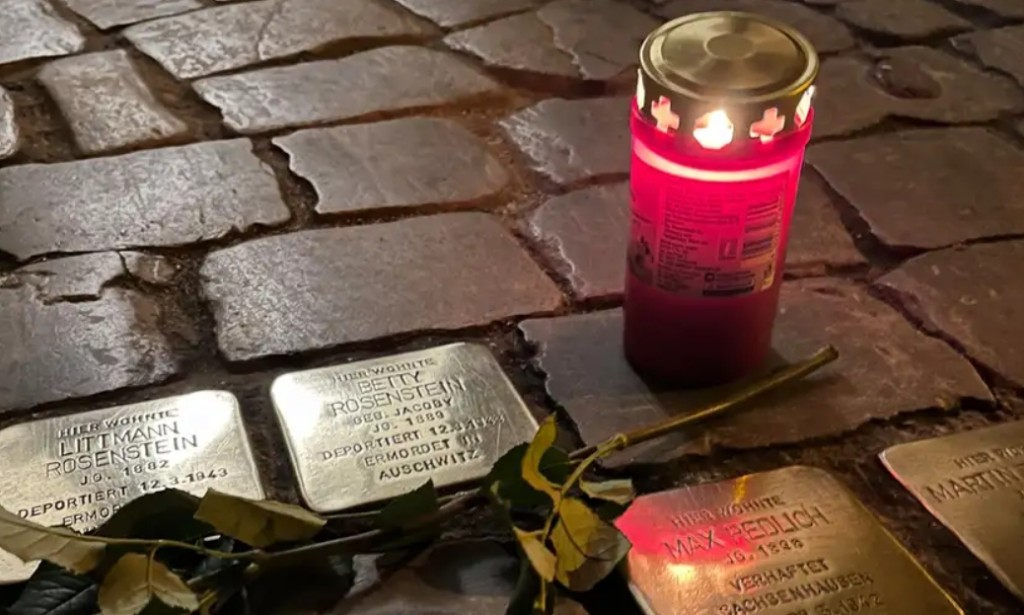The date on which the monarchy fell in 1918, Adolf Hitler staged his failed coup attempt in 1923, the Nazis and antisemitic mobs attacked synagogues and Jewish homes and businesses in 1938, and the Berlin Wall fell in 1989, November 9 is known as the "day of destiny" in Germany.
DW surveys some moments that set the course of German history.
'Be aware the historical significance of this day'
On November 9, 1918, Philipp Scheidemann, a Social Democrat and later the chancellor of the Weimar Republic, proclaimed an end to the monarchy of Kaiser Wilhelm II and the beginning of a new democracy in a speech from a balcony of the Reichstag in Berlin.
"Workers and soldiers, be aware of the historical significance of this day," Scheidemann said. "Something unprecedented has happened. We have a great and immense task ahead of us. Everything for the people, everything through the people! Nothing must happen that would bring dishonor to the workers' movement. Be united, loyal, and dutiful! The old and rotten, the monarchy, has collapsed. Long live the new, long live the German Republic."


"We have a great and immense task ahead of us," said Scheidemann, pictured in 1919Image: dpa/picture-alliance
Hitler's failed coup
The young democracy in Germany had a difficult beginning. Both left- and right-wingers wanted to eliminate it immediately. And on November 9, 1923, the Nazis marched on Munich's Feldherrnhalle led by Adolf Hitler, who would take power 10 years later and bring about World War II.
All Jewish people in Germany would be deprived of their rights. From 1942 onward Hitler and the Nazis would systematically exterminate them.


A Nazi march was held on November 9, 1938, to mark the 15th anniversary of the coupImage: Scherl/SZ Photo/picture alliance
The November Pogroms
On November 9, 1938, Nazis and antisemitic mobs set synagogues on fire and plundered Jewish-owned businesses. About 100 Jews people were murdered in the pogrom cynically called Kristallnacht, "Night of Broken Glass." The attacks were a precursor to the Holocaust, in which 6 million Jews were murdered throughout Europe.


Antisemitic attacks destroyed thousands of Jewish businesses on November 9 and 10Image: KEYSTONE/picture alliance
Berlin Wall falls
The fall of the Berlin Wall brought an end to the second dictatorship on German soil: the German Democratic Republic (GDR). People stormed the border crossings in divided Berlin. The jubilation was, in the truest sense of the word, borderless. November 9, 1989, was a day of absolute joy in Germany.


East and West Berlin turned out to celebrate the toppling of the wall overnight in 1989



You must be logged in to post a comment.